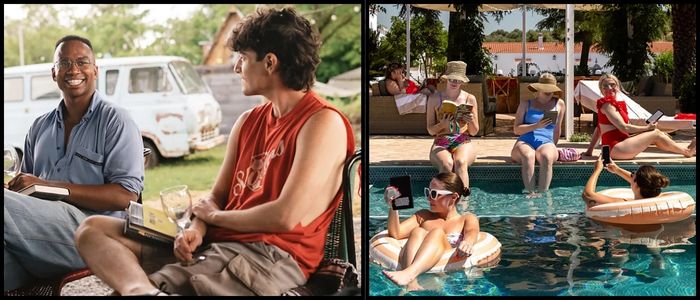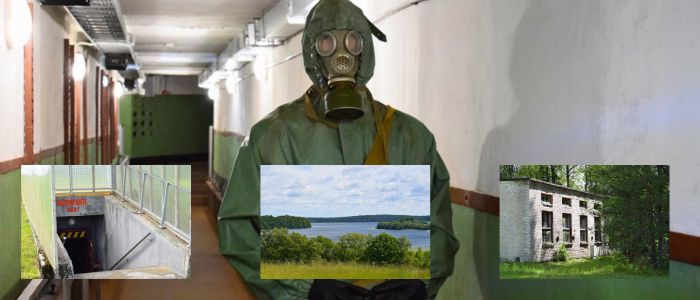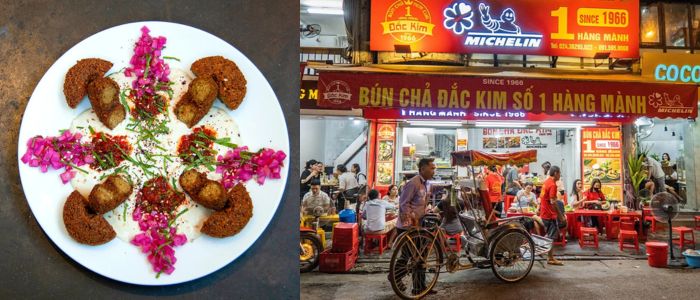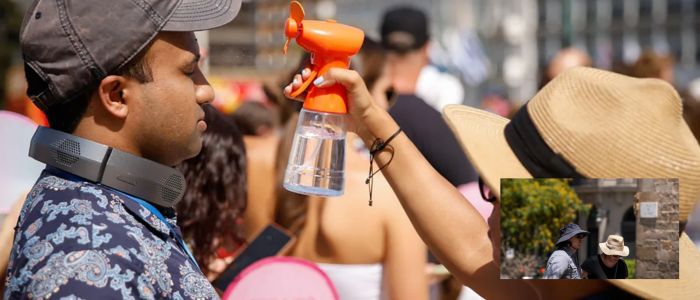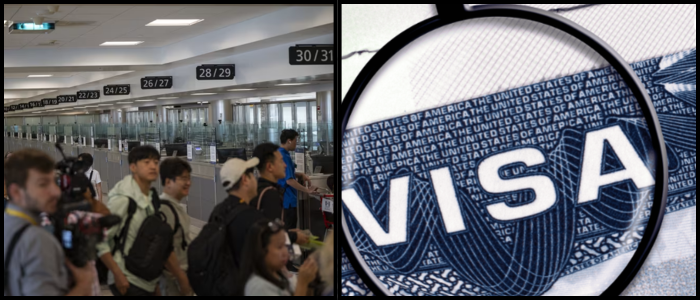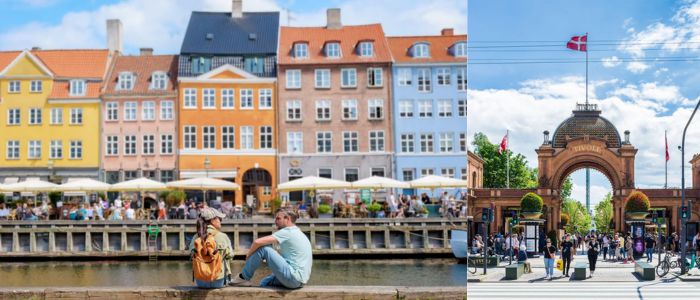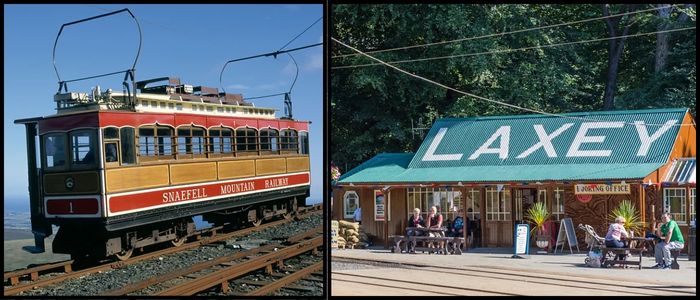The Moselle River flows for 545km from France's Vosges Mountains, curving through Luxembourg and Germany before joining the Rhine. The flat, well-marked bike paths on both sides of the river allow even casual cyclists to move easily across borders without a passport.Travellers enjoy vineyard-covered hills, charming riverside towns, and the ease of hopping between countries via bridges.
A Journey Through Wine Country and Quiet Villages
Starting in Schengen, cyclists can head towards Sierck-les-Bains in France, passing vineyards and riverside views. After sampling French pastries, many continue along Luxembourg's PC 3 route, cycling through Remich—known as the "Pearl of the Moselle"—famous for local wines like Riesling and Elbling.
Stops at family-run wineries like Domaine Laurent & Rita Kox offer tastings of wines made from grapes grown across all three countries.
Crossing into Germany, the trail leads through peaceful villages like Nennig and Nittel, with relaxing scenery and friendly guesthouses catering to cyclists. Local wine vending machines and family-run restaurants offer further reasons to pause and enjoy the landscape.
Open Borders and Shared Culture
The Moselle region shows the success of open borders, where daily life often flows seamlessly between Luxembourg, Germany, and France. With events like cross-border wine festivals and hiking routes, the area fosters a shared cultural identity. Residents speak multiple languages, work across borders, and embrace a lifestyle where divisions are barely noticeable.
For travellers, the Moselle's bike paths offer more than just exercise—they reveal a way of life shaped by cooperation and closeness. Whether stopping for éclairs in France, wine in Luxembourg, or scenic views in Germany, a simple bike ride becomes a cross-border journey of discovery.
Travel
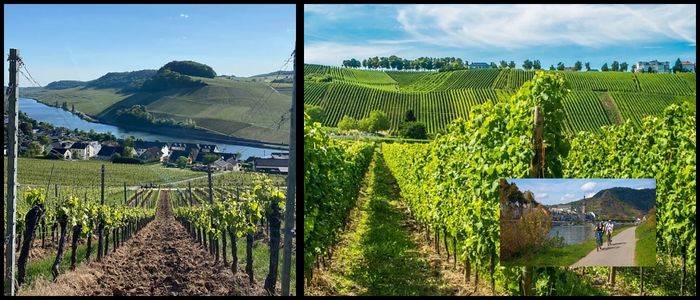
Cycle Three Countries in a Day Along the Moselle

In the heart of Europe, a scenic cycling route lets travellers experience three countries—Luxembourg, Germany, and France—in a single day. This peaceful journey, along the Moselle River, celebrates the freedom of borderless travel made possible by the Schengen Agreement, signed 40 years ago in the Luxembourgish village of Schengen.








